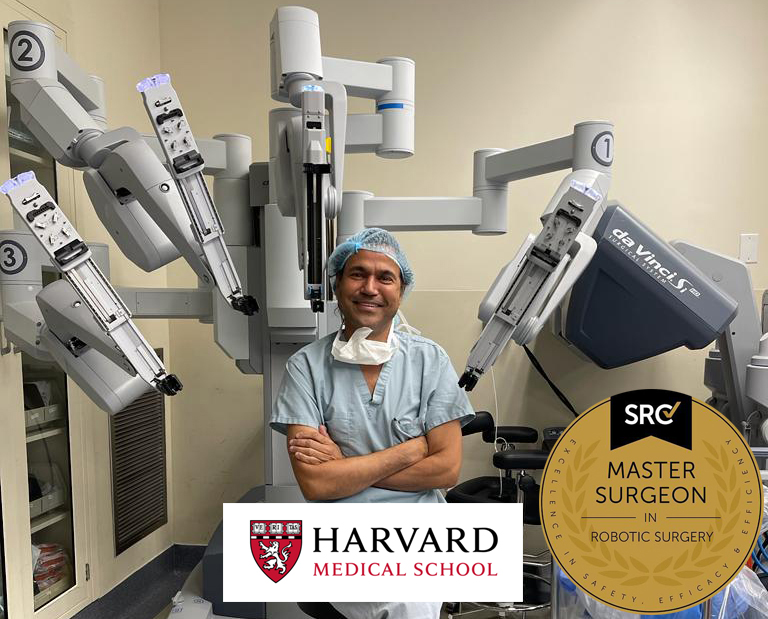Proctalgia and Endometriosis
Proctalgia and endometriosis are separate medical conditions involving rectal pain, with proctalgia characterized by recurrent rectal pain caused by muscle spasms and endometriosis involving the growth of endometrial tissue outside the uterus, potentially affecting the rectal area.
Proctalgia and endometriosis are two distinct medical conditions that affect different areas of the body. Let’s discuss each of them separately:
Proctalgia
Proctalgia, also known as levator ani syndrome, is a condition characterized by recurrent episodes of rectal pain or discomfort. The exact cause of proctalgia is unknown, but it is believed to be related to muscle spasms in the pelvic floor, specifically involving the levator ani muscles. Symptoms may include sharp or cramping pain in the rectum or anus, which can last for several minutes or even hours.
The diagnosis of proctalgia is usually made based on the characteristic symptoms and the exclusion of other possible causes of rectal pain through a medical evaluation. Treatment options for proctalgia focus on relieving symptoms and managing pain during episodes. This may include techniques such as warm baths, relaxation exercises, pain medications, and occasionally muscle relaxants. In severe cases, biofeedback therapy or injections of botulinum toxin into the pelvic floor muscles may be considered.
Proctalgia Fugax
Proctalgia fugax is a relatively common condition characterized by sudden, sharp rectal pain that occurs spontaneously and lasts for a short duration. The term “fugax” comes from the Latin word meaning “fleeting,” which accurately describes the nature of the pain experienced. These episodes of pain can occur at any time, often during the night or early morning, and typically last for a few seconds to a few minutes before subsiding on their own.
It is important to note that in some cases, individuals with endometriosis may also experience symptoms of proctalgia fugax. This could be due to the proximity of endometrial implants to the rectal area, which may cause referred pain or irritation in the rectum. Additionally, endometriosis can involve the infiltration of nerves in the pelvic region, which could contribute to heightened sensitivity and pain sensations.
What Triggers Proctalgia Fugax?
Proctalgia fugax episodes can be triggered by various factors, although the exact cause of the condition is not fully understood. Some common triggers reported by individuals with proctalgia fugax include:
- Muscle spasms: Proctalgia fugax is thought to be caused by spasms of the muscles in the rectal area or pelvic floor. These spasms can be triggered by factors such as muscle tension, overexertion, or straining during bowel movements.
- Stress and anxiety: Emotional stress and anxiety have been known to trigger or exacerbate episodes of proctalgia fugax. Managing stress levels through relaxation techniques or stress-reducing activities may help alleviate symptoms.
- Certain foods and drinks: Some individuals report that certain foods or beverages can trigger episodes of proctalgia fugax. Common triggers include spicy foods, caffeine, alcohol, and carbonated drinks. It can be helpful to keep a food diary to identify any specific triggers in your own case.
- Sitting or postural factors: Prolonged sitting, particularly on hard surfaces, or maintaining certain positions for an extended period may contribute to the occurrence of proctalgia fugax episodes in some individuals. Changing positions regularly and using cushioning or ergonomic support may help prevent or minimize symptoms.
- Hormonal fluctuations: While not well-established, some individuals report that hormonal changes during the menstrual cycle can influence the frequency or intensity of proctalgia fugax episodes. Further research is needed to fully understand this relationship.
It’s important to note that triggers can vary from person to person, and not everyone will have identifiable triggers for their proctalgia fugax episodes. Keeping track of your symptoms and potential triggers can be helpful in managing the condition and discussing it with your healthcare provider.
子宫内膜异位症
子宫内膜异位症 is a chronic condition in which tissue similar to the lining of the uterus, called the endometrium, grows outside the uterus. This tissue can implant and grow on various structures within the pelvis, such as the ovaries, fallopian tubes, outer surface of the uterus, and other pelvic organs. Endometriosis is a hormone-dependent condition, meaning it is influenced by the menstrual cycle.
Common symptoms of endometriosis include pelvic pain, painful menstrual periods, pain during sexual intercourse, and infertility. In some cases, endometriosis can also affect the bowel and cause symptoms such as painful bowel movements, diarrhea, constipation, or rectal pain.
The diagnosis of endometriosis often requires a combination of medical history, pelvic examination, imaging studies (such as ultrasound), and sometimes a surgical procedure called laparoscopy to visualize and confirm the presence of endometrial tissue outside the uterus. Treatment options for endometriosis may include pain medication, hormonal therapies (such as birth control pills or gonadotropin-releasing hormone agonists), and in severe cases, surgery to remove the endometrial implants.
While proctalgia and endometriosis can both involve symptoms related to the rectal area, they have different underlying causes and require distinct approaches to diagnosis and management. If you are experiencing any symptoms or concerns, it is important to consult with a healthcare professional for an accurate evaluation and appropriate treatment recommendations.
Similarities of Proctalgia and Endometriosis
Proctalgia and endometriosis are two distinct medical conditions, and their similarities are limited. However, they both involve symptoms that can affect the rectal area. Here are a few general similarities:
Rectal pain: Both proctalgia and endometriosis can cause pain in or around the rectum. In proctalgia, the pain is typically brief and episodic, while in endometriosis, the pain can be chronic and associated with the menstrual cycle.
Impact on quality of life: Both conditions can significantly impact a person’s quality of life. The pain experienced in the rectal area can cause discomfort, interfere with daily activities, and affect emotional well-being.
Diagnostic challenges: Both proctalgia and endometriosis can be challenging to diagnose accurately. Proctalgia fugax, in particular, is a diagnosis of exclusion, meaning other potential causes of rectal pain must be ruled out. Similarly, endometriosis often requires a combination of clinical evaluation, imaging studies, and, in some cases, surgical intervention (laparoscopy) to confirm the presence of endometrial tissue outside the uterus.
Potential overlap: In some cases, individuals with endometriosis may experience symptoms similar to proctalgia fugax, where they may have episodes of rectal pain unrelated to their endometrial implants. However, this overlap is not universal and does not imply a direct causal relationship between the two conditions.

Image by diana.grytsku on Freepik
- New York Gynecology Endometriosis
- Contact Info:
-
375 E. Main Street,
Suite 7, Bay Shore,
NY 11706 - (631) 533-9733
Pankaj Singhal, MD, MS, MHCM
机器人手术外科医生大师
Pankaj Singhal 博士是全球公认的子宫内膜异位症外科医生,在腹腔镜切除手术方面拥有超过 25 年的专业知识,这使他能够充满信心地应对最具挑战性的子宫内膜异位症病例。 Pankaj 医生治疗患有多种子宫内膜异位症相关疾病的患者,从卵巢子宫内膜异位症到影响肠道和其他器官的严重深部浸润性子宫内膜异位症。
Pankaj 医生优先考虑微创手术并提供全面的个人护理。此外,他还是纽约妇科和子宫内膜异位症 (NYGE) 的所有者和创始人,并一生致力于倡导、尊重和治疗患有这种鲜为人知的疾病的女性。他是全美国少数完成超过 5,718 例机器人辅助妇科手术的外科医生之一。

我们接受大多数主要保险计划
便捷的计费选项,全面覆盖。
手术通常由健康保险承保。然而,承保范围可能会有所不同,具体取决于具体的保险计划和保单。一些保险计划可能涵盖广泛的外科手术,包括选择性和必要的手术,而其他保险计划可能对某些手术有限制或排除。
在某些情况下,某些保险计划或计划可能会全额承担手术费用,使患者无需承担经济责任。
请求预约
New York Gynecology Endometriosis
"*" indicates required fields
